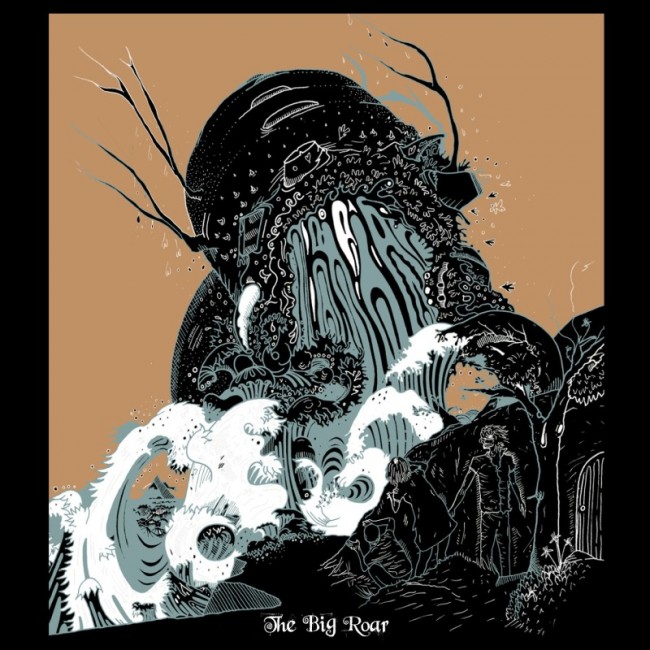When you have a set of three people whose approach to music is simple and unified there is not really any way they can go wrong, as long as they know how to write a tune. Welsh trio The Joy Formidable are one such group whose main goal in writing music is to create something loud and catchy. It may not be the most original of musical styles, but that takes nothing away from the enjoyment of listening to it.
With song titles like “The Ever Changing Spectrum of a Lie” and “The Greatest Light is the Greatest Shade” you could be forgiven for believing, on first glance, that The Joy Formidable are the type of band who like to write “smart” songs with lyrics chockfull of literary references and pseudo-intellectual ramblings. On the contrary, The Joy Formidable are fully aware that their musical style is most conducive to big choruses with simple sing-along lyrics, and they deliver these in spades. Best of all they are (almost) all delivered by frontwoman Ritzy Bryan, whose voice is their ace in the hole.
Bryan’s voice can switch from sultry to impassioned from line to line or even mid-line as she does on the killer chorus of “I Don’t Want To See You Like This.” Her voice interjects brilliantly into the dominant riffs and fuzzy bass that form the strong foundations of the band’s music. Both soaring over the top of the rhythmic interplay or cutting through the exaggerated riffs, she consistently delivers cathartic and turbulent hooks throughout the album. Whether it’s on the accelerated rockers like “The Magnifying Glass” and “Whirring,” the industrial “Buoy” or the grandiose closer “The Greatest Light is the Greatest Shade” her voice always seizes the listener’s attention amidst the exuberant musicianship. In fact, her voice is so important to their sound that the one song where she relinquishes singing duties to bassist Rhydian Dafydd, “Llaw = Wall,” seems uninspired and is undoubtedly the weakest on the album.
Fans of the band’s mini-album A Balloon Called Moaning will already recognise four of the songs from this album that appear here in slightly polished, but mostly unchanged form, except for “Whirring” which is now extended to include a three-minute rock out which evokes the energy of their brilliant live act.
The Joy Formidable’s music inhabits that middle ground of pop-rock that is louder than pop-punk but not so loud as to alienate listeners. The height of popularity for this music may have come in the first half of the last decade when bands like fellow British trios Feeder and Muse were at their peak, but music this enjoyable never becomes unpopular, especially when it’s done this well.

